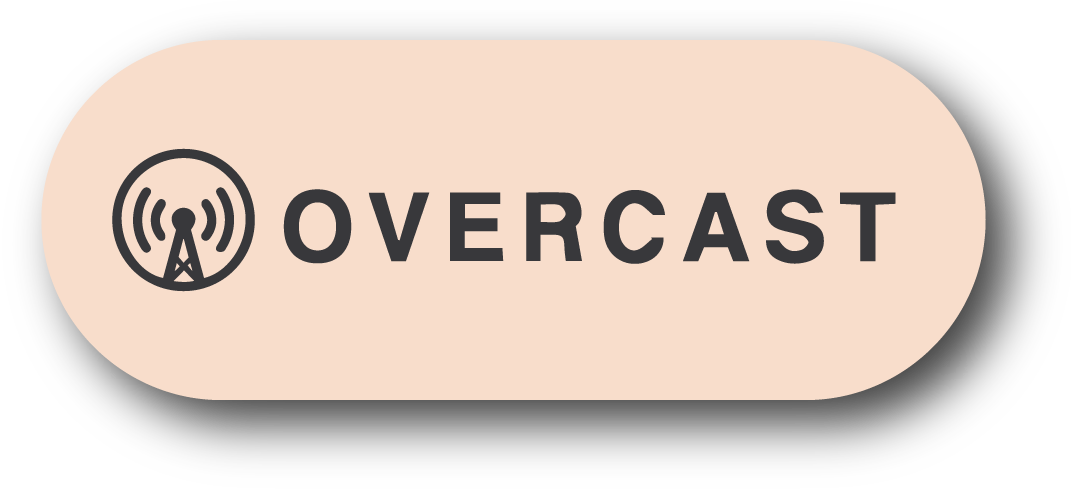#242 - GUIDE TO HIRING AN ARCHITECT & THE CLIENT-ARCHITECT RELATIONSHIP
SUMMARY
This week David and Marina FAME Architecture & Design discuss reasons for hiring an architect and establishing a good client-architect relationship:
(00:00) Why hire an architect? The pros and cons of hiring an interior designer
(23:00) Hiring a contractor instead of an architect
(28:57) design-build services
(45:29) licensed architects vs designers
(52:39) common fee structures
(01:09:05) finding the right architect
(01:21:35) why the client-architect relationship is important and common problems that occur when the right architect is not hired
TIMESTAMPS
(00:00) Hiring an Interior Designer instead of an Architect.
If you’re a client you need to think about what the Architect’s and Interior Designer’s m.o. and professional expertise is and what they’re allowed to do. In other words, if you come to an Interior Designer with a problem… because their scope of work is smaller than what an Architect can do, [they are] much more likely to say, “Let’s stay within this scope because that’s what I can offer you” versus someone who is able to do anything will look at the problem with a full vision and say, “Okay, This is the root of the problem. I don’t care that it’s not in the scope of interior design. I don’t care if it bleeds into the landscape because I’m fine with working with a Landscape Architect, or I know a little bit about that.” It’s similar to when you see a specialist for a problem… if your shoulder hurts and you see a surgeon they’re more likely to tell you you need surgery. (11:44)
(23:00) Hiring a builder or Contractor instead of an Architect.
(28:57) Using a design-build service for a project and the risks that come with it.
“Unfortunately, many Contractor’s who eventually brand their business as design-build often have a draftsman in-house, like a freelancer or a young kid who just came out from architecture school to do some CAD drawings and quick 3D stuff, but [design] is not the office’s expertise. Their expertise is building and if they have someone in-house it’s kind of accessory. You will rarely find experienced Architects in those offices. […] They do that to market themselves as designers and get more projects.” (31:46)
(39:58) Two main reasons for hiring an Architect and the two skillsets your Architect should have.
“To be an Architect just means you have a license. It takes a lot of work to get a license, but that does not necessarily mean [that person] is skilled at design. I don’t want people thinking, “If I hire an Architect and they are licensed, that means they are good at design and I will get a great design from them.” That’s simply not the case. The tests you have to pass and the experience you have to gain to get a license is not really about designing beautiful things. It’s just not.” (43:09)
(45:29) The difference between a licensed Architect and an ‘architectural designer’.
“[In the U.S] It’s illegal for anybody to use the term Architect anywhere professionally [if they are not licensed…] If you are going to hire an office for Architecture-scope of work and [on their website] their title is not specifically ‘Architect’ or ‘Registered Architect’ they are probably not a licensed Architect.” (46:44)
(52:39) Typical Architect fee structures (fixed fee, percentage of construction, and hourly) and their pros and cons.
“I think most people assume an hourly fee structure is ideal because it’s the fairest. “I work 8 hours a day and you pay me 8 hours worth of work.” But that is theoretical. In reality, in practice, in Architecture, it’s really difficult because the amount of time an Architect puts into a project is easily three times more than what the client thinks it is. Literally three times the amount…at a minimum. So as a result, when you’re doing an hourly rate… if the Architect recorded all of their hours and sent it to the client, the client would be like, “What in the hell are you doing? Why are you burning through all of these hours? Why does it cost this much money for you to design this one room or this door detail?”…
I’ve never come across an Architect who down-charges a client. 99.9% of them, when they charge hourly, they shave off a bunch of hours to not freak out the client. So for the client, it’s like I’m getting more work for less money […] but in a creative project, you just don’t want that kind of sensation in it... for anybody. It’s just not good.” (57:35)
(01:09:05) How important is it to find the right Architect? What qualities should they have?
“An Architect is also someone you hire for their people skills, meaning the [quality of the] communication you’re going to have [your Architect], how comfortable you feel talking with your Architect, how reassuring your Architect can be with you, how much you trust him or her. You’re not just buying a professional service, you’re buying a relationship with a person for however amount of time and you don’t want to embark on that very complex journey with someone you don’t really feel comfortable with; or someone you hired just because you like their stuff on their website, but you’ve never met in person; or someone who’s just in your price range and seems to be doing ‘okay’ work. You do need to do some homework before you hire the Architect, for yourself and to make sure the project turns out right.” (01:13:33)
(01:17:45) Finding the right Architect
(01:21:35) Common problems when the client/Architect relationship is not sound.
“Usually when a client answers a question there are several layers of information behind that answer which are probably more important than the answer they gave. The Architect really wants to know that deeper level of information. That’s why we often talk about the ‘What’, ‘How’, and ‘Why’. I don’t want to know the ‘What’ from the client. I don’t want to know that they want this room to be red. I want to know why red. Then from there, I can find a better solution. That’s why the Architect has to be a good communicator and have good people skills.” (01:31:05)
“If you want to know why one design option is better than another, then just ask [the Architect]. And if you’re not satisfied then ask again. […] Your Architect should really be able to explain things in a way that makes sense [to you].” (01:30:23)
(01:43:05) Ask this your Architect this question to get more transparency in the design process.












